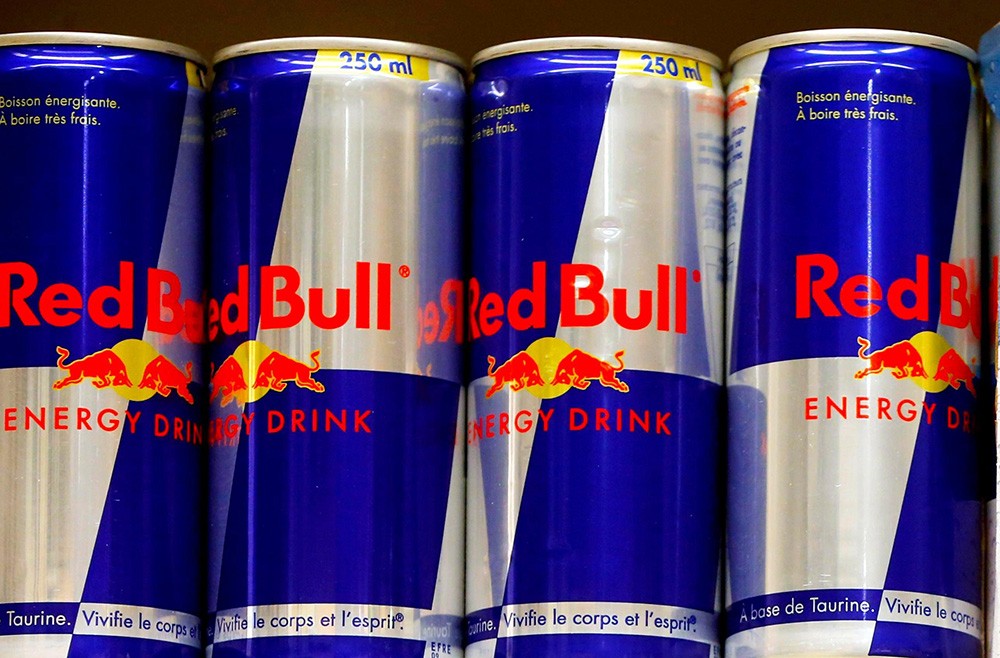Red Bull: Lobbying
In the First Regular Session of the 126th Maine Legislature, Representative Katherine Cassidy introduced LD 753, “An Act to Prohibit the Sale of High- caffeine Energy Drinks to Persons under 18 Years of Age.” The Health and Human Services committee held a public hearing on this legislation in late April, which members of the beverage and grocers communities spoke in opposition of this legislation.
Representing Red Bull America, the Maine Street Solutions team lobbied the members of the committee to make known that the real issue this legislation attempted to address was the amount of caffeine contained in beverages not the actual consumption of energy drinks by minors. LD 753 did not address the caffeine market as a problem, but rather targeted energy drink sales to minors, which is mearly one source of caffeine.
Maine Street Solutions worked with other key stakeholders from the beverage community to inform legislators that the caffeine levels in energy drinks is safe for all consumers according to the U. S. Food and Drug Administration (FDA).
An FDA report in 2009 indicated that coffee and tea are the primary sources of caffeine in a consumer’s diet and young adults on average consume one- third the amount of caffeine as people over 21.
By limiting the sale of energy drinks to those 18 years old or older, the bill placed an unnecessary burden on retailers to verify that the customer purchasing the energy drink product was not a minor. The legislation became even more complicated due to the language stating that an energy drink is a soft drink that contains 80 or more milligrams of caffeine per 8 fluid ounces. This would have included Red Bull. Maine Street Solutions worked to inform the committee that the language would confuse cashiers on what products to verify and what ones not to verify.
Many products such as coffee, energy gum, over-the-counter medicines, dietary supplements and most importantly energy shots contain more caffeine than a Red Bull, but a minor would still be able to purchase those under the initial language of LD 753.
After effectively expressing the multi- dimensional pieces of the caffeine market in America, the Health and Human Service Committee, with support of the bill sponsor, amended the legislation to create a Task Force that would consider various options for a public awareness campaign regarding caffeine-added drinks, foods, food products, over-the-counter medicines and dietary supplements and to make recommendations for implementing such a campaign. The committee sent this amended language to the floor of the House and Senate for a vote.
Maine Street Solutions was vital in expressing to the Legislature that the issue of energy drinks and caffeine consumption by minors has been and is currently being researched and studied at the federal level. The amended language sent to the 3rd floor for a vote would be repetitive and contain a fiscal note costing Maine taxpayers.
On June 12, 2013, the Speaker laid LD 753 before the House as Ought to Pass as Amended. The legislation failed 64 (yeas) to 78 (nays). The legislation was then moved Ought Not to Pass which was accepted with a 97 (yeas) to 47 (nays) approval.


